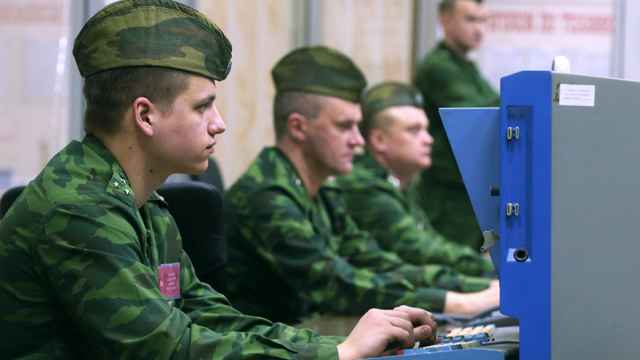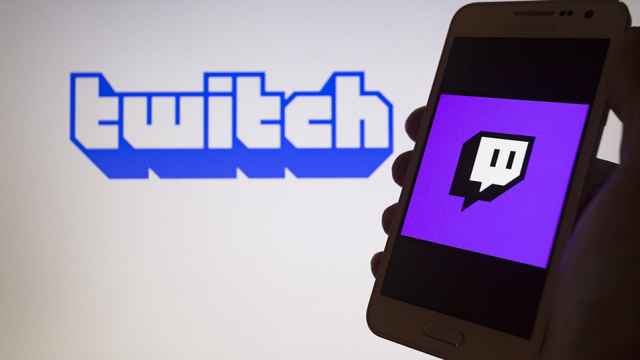Russia’s media watchdog Roskomnadzor received more than 118,000 reports of illegal online content this year, the agency said Wednesday.
In the first six months of 2017, the watchdog received roughly 39,000 complaints related to drugs and drug use and a similar number of notifications flagging illegal games online.
Other categories included child pornography, with roughly 21,000 complaints and the “promotion of suicide,” with 19,000 complaints.
In total, roughly 52,000 links were blocked by the agency.
Roskomnadzor registered an increase in complaints in almost all categories, especially regarding the “promotion of suicide," which increased by 285 percent.
In recent years, the Russian authorities have tightened control over the internet.
Roskomnadzor has blacklisted forums and websites dedicated to providing help for those contemplating self-harm and LGBT support websites. In 2015 it blocked access to a Wikipedia article on charas — a form of hashish.
A Message from The Moscow Times:
Dear readers,
We are facing unprecedented challenges. Russia's Prosecutor General's Office has designated The Moscow Times as an "undesirable" organization, criminalizing our work and putting our staff at risk of prosecution. This follows our earlier unjust labeling as a "foreign agent."
These actions are direct attempts to silence independent journalism in Russia. The authorities claim our work "discredits the decisions of the Russian leadership." We see things differently: we strive to provide accurate, unbiased reporting on Russia.
We, the journalists of The Moscow Times, refuse to be silenced. But to continue our work, we need your help.
Your support, no matter how small, makes a world of difference. If you can, please support us monthly starting from just $2. It's quick to set up, and every contribution makes a significant impact.
By supporting The Moscow Times, you're defending open, independent journalism in the face of repression. Thank you for standing with us.
Remind me later.






